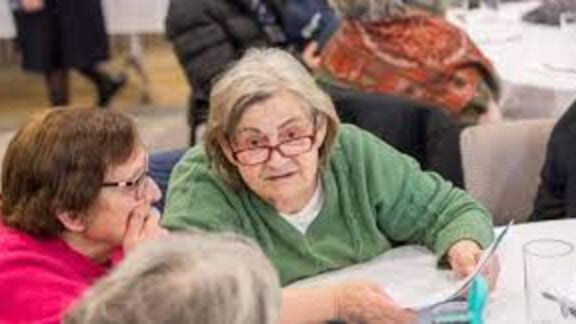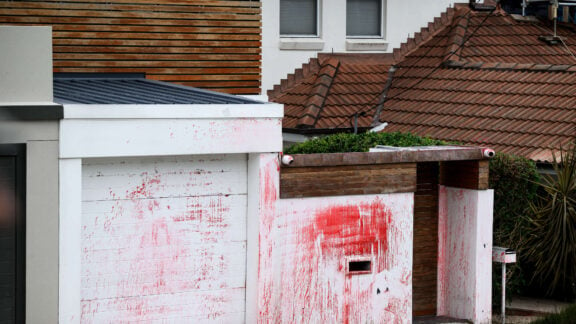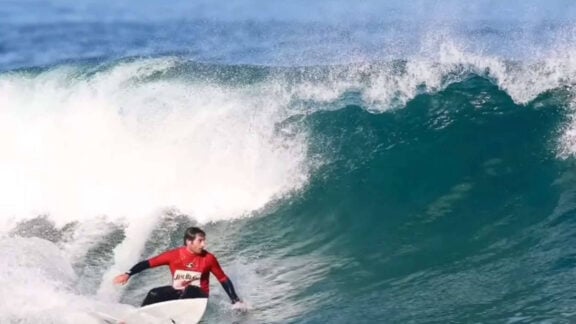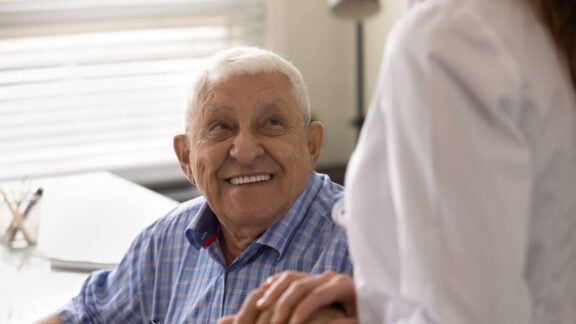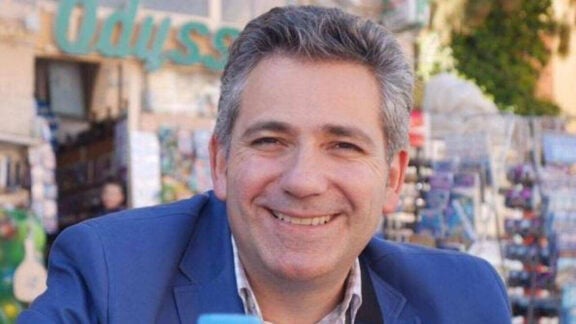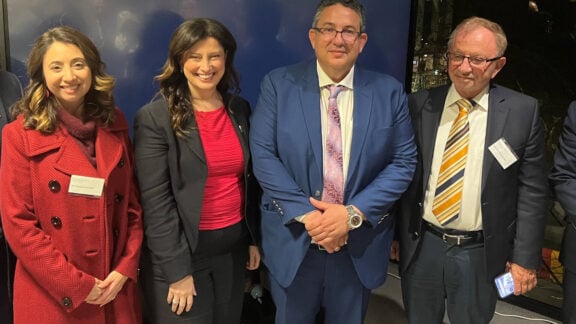Rapid antigen tests have become the most sought-after commodity around the world and especially between Victoria and South Australia.
Due to the strain on testing centres, SA has decided to make rapid tests a prerequisite rather than a PCR test.
Rapid antigen tests have to be negative within 72 hours prior to entering South Australia, however, pharmacists and retail suppliers in regional Victoria have sold out.
There are reportedly miles long queues on the border of regional Victoria with cars lining up for up to two days, desperate to enter South Australia, yet not being able to provide a timely negative test, either due to the long lines or the lack of rapid tests at pharmacies across the state.
A spokesperson for SA Police said authorities stated that they are also removing static checkpoints at main roads on SA’s borders with other states doing regular, strict patrols in an effort to ensure compliance with border directions.
Meanwhile, for events and hospitality venues in New South Wales and Victoria, staff members are unable to provide negative tests before shifts, as a result many of those businesses have had to shut their doors.
Speaking in Wagga Wagga New South Wales premier Dominic Perrottet announced that the state had ordered 20m rapid antigen tests, which he expected to be available by the end of January.
“As we move into 2022, as we are living alongside the virus, taking personal responsibility, rapid antigen tests will be key,” he said, stressing that “they are not to be used in circumstances where you are going out to the shops. These tests will be used for people going to high-risk settings. Going to hospitals, visiting elderly relatives, going clubbing”.
Meanwhile, free rapid antigen tests will be available in Victoria within weeks after the state government announced ordering more than 34 million test kits.
Health Minister Martin Foley said that “rapid antigen tests should be free and we will be making them free”.
“Rapid antigen tests should be widely available and we will be making them widely available, and that will be part of a process that has fallen to the states. We would much prefer to have a national approach to what is the national, indeed and international supply issue,” he added.
“But failing that, as per usual, the states have had to step up over the course of this pandemic and fill the gap that’s been left.”
Chief executive of the Council of Small Businesses of Australia (Cosboa) Alexi Boyd, welcomed the announcements but argued that the Morrison government’s decision to close the borders during the pandemic excluded thousands of overseas labourers Australian businesses relied on. Consequently, several hospitality and tourism businesses had already been forced to close as industries from IT to hair salons were short on skilled staff members. Currently, the stress Australia’s main economy pillars, Melbourne and Sydney are being hit by both the Delta and the highly contagious Omicron variants while health authorities continue to give mixed messages regarding crisis management.
“We could see with the reopening of the economy that we needed to see workers not re-entering the workforce unnecessarily and endangering people,” Boyd said.
“These lines at PCR testing facilities, of course they were going to happen. If all governments around Australia, including the federal government, had taken some action we might have found ourselves in a different space.”
“You’ve got worker shortages caused by border closures, you’ve got the ongoing confusion over vaccine mandates, you’ve got the problems around rapid antigen tests,” she highlighted, explaining that “long waits for PCR results, which can take days to arrive, are making life difficult for contractors who work in the concert and event industries. They’ve been told they need to have results a certain time period before an event occurs. That’s causing additional stress.”

